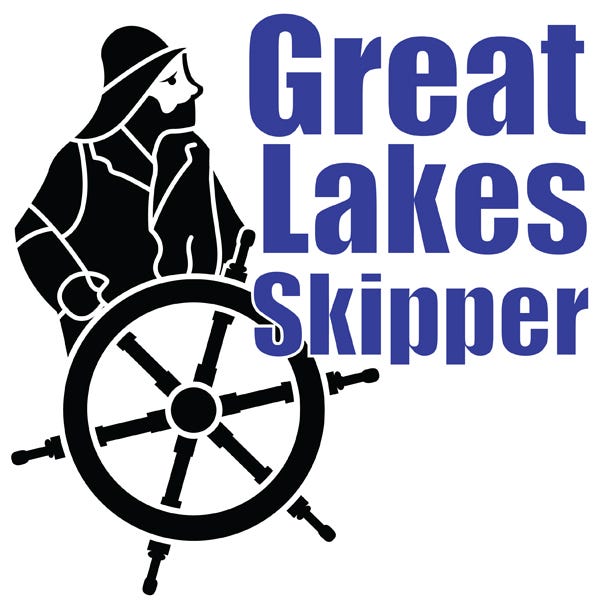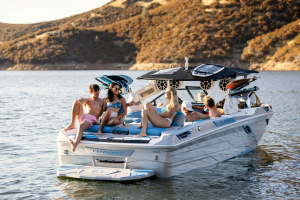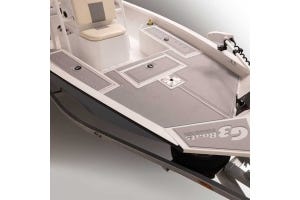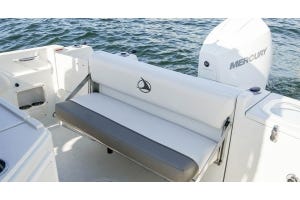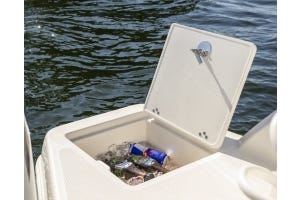8 Tips for Boating After Dark
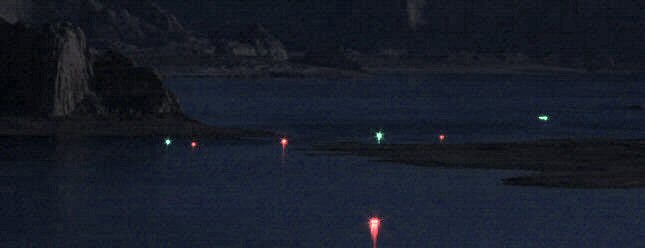

Summer means long days, late sunsets, and soft, starlit nights. It's easy to enjoy night cruising and fishing safely when you take a little care. Check out the Skipper's tips for safe night boating. Be prepared. Make sure your boat's safety equipment is in good working order. Change old batteries, get a fresh can for your air horn, stock up on flares and glow sticks, and be sure you've got at least one emergency flashlight on board. Giving glowing necklaces and bracelets to your passengers not only makes for a fun atmosphere, but will make them visible in case they go overboard in the dark. Know your surroundings. Even familiar waters can seem strange when night falls, so don't make your first trip in new waters at night. Slow down. Yes, opening up and kicking up a wake is fun, but save it for daytime. And don't tow tubers or skiers after dark, either; it's just too dangerous. Dial it down. Your eyes adjust to the amount of light available, and they can't adapt to the darkness if you're trying to see over the bow from within a brightly-lit cockpit. Turn down the interior lights, and use a compass instead of your chartplotter; even its dim screen can interfere with your eyes' adaptation to the dark. Also, turn down the stereo. Cranking the tunes means you can't hear other boats' horns, so turn down the volume for safety's sake. Learn the lights. Each and every boat is required by law to have correct lighting after dark. Make sure your own navigation lights are working and visible. If you have a small craft without electrical service and think you'll be out after dark, battery-operated bow and stern lights that clamp to your boat are available. Learn all about navigation lights at Boat US Foundation. Adding rope lights and hull lights increase visibility, and dress up your boat, too. Wear It! As always, it's best to wear a life jacket when you're on the water, and in some instances, it is illegal to go without. Wearing a PFD can mean the difference between life and death, especially after dark. At the very least, insist that all child passengers wear a properly fitted life vest. Four eyes are better than two. When you're driving the boat, you can't see everything at once, especially at night. Have a trustworthy, undistracted (and sober) lookout keep an eye on your surroundings and inform you of hazards and changes in conditions. Save docking lights for docking. Shining your docking lights or spotlight around wrecks your eyes' dark-adaptedness and blinds other boaters. Leave the "headlights" off until you're pulling in to dock your boat - that's what they're for. Enjoy night boating and fishing this summer!
